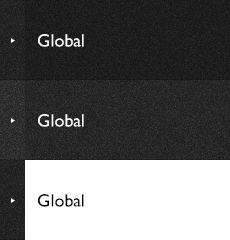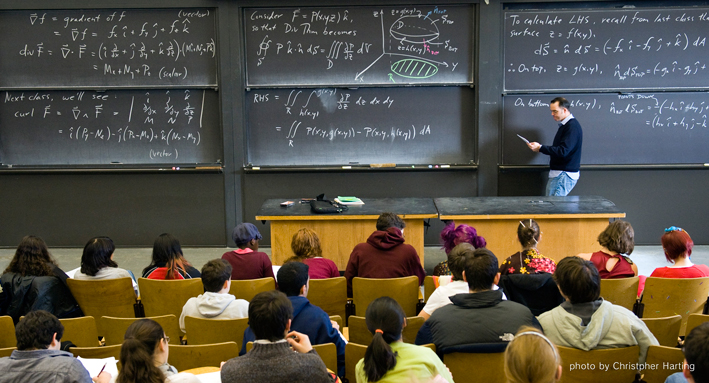
Why Education Reform?
Tokyo Institute of Technology (Tokyo Tech) aims to become one of the world's top 10 research universities by 2030. Now leading the world in several research fields, the Institute is carrying out plans to further strengthen its research by creating additional research infrastructure, boosting research support, and promoting international joint research. However, it is not enough to merely become one of the top 10 leading universities in research if the education offered by the Institute does not follow suit. As research and education are inseparable, only when world-class education at the Institute has been achieved, will the Institute's goal be accomplished. Hence, education reform is needed.
Where Tokyo Tech Is Going
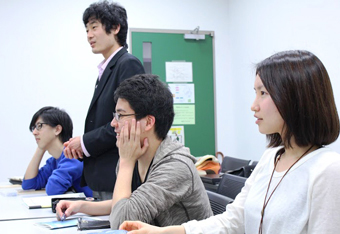
Tokyo Tech is currently formulating a new education system to be launched in the 2016 academic year, which will also mark the 135th anniversary of the Institute's founding. By joining the education of the undergraduate and graduate schools, the Institute will produce master's degree graduates who will thrive in a global society and doctoral degree holders who will become the world's top researchers and leaders.
Exceptionally talented students from around Japan matriculate at Tokyo Tech each year. The Institute will establish a world-class higher education system through its education reforms so that these talented students can develop their abilities, acquire necessary expertise and cultivate themselves according to their visions for their futures.
Improvement in the Quality of Education
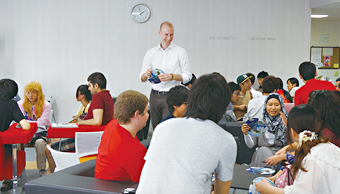
Tokyo Tech's education reforms aim to improve the quality of education through the complete revitalization of curricula and teaching methods, and by making syllabi globally accessible. The Institute will establish an education system on a par with those of other top universities in the world so that students can easily transfer credits. Curricula will be enhanced so that undergraduate students can experience study abroad for a short time, and then gain further international experience over a longer period of stay at the graduate level.
Additionally, international exchange in research and education will be further promoted in order that Tokyo Tech might become a hub which will attract outstanding international students and researchers. For example, the Institute will invite Nobel-Prize-level faculty members to encourage international perspectives among Tokyo Tech students through lectures and discussions, and create a global atmosphere on campus.
Learn about Today's Education at World-Class Universities
What are the best practices in education systems at established world-class universities? What are their philosophies? This symposium provides an opportunity to learn from the best and think about the systems and teaching methods most suited to Tokyo Tech.
Tokyo Tech International Symposium on Education Reform
Best Practices for Realization of World-Class
Science and Engineering Higher Education Systems
Tokyo Tech is currently formulating a new education system in preparation for its launch in FY2016, the 135th anniversary of the Institute's founding.
In this symposium, two leading educators from the world's top universities in science and engineering, Massachusetts Institute of Technology (MIT) and University of California, Berkeley (UCB), will introduce their philosophies on best practices in education systems. Tokyo Tech will also introduce its plan on education reform.
A panel discussion will follow the keynote talks, where panelists from MIT, UCB and Tokyo Tech will be joined by relevant experts to discuss the timely theme, “The Future of World-Class Science and Engineering Higher Education Systems.” The panel discussion topics will include nurturing talented students, innovations in pedagogy, and cooperation between academia, government and industry.
Date and time |
1:45 p.m. on Friday, March 14 (doors open at 1 p.m.) |
Venue |
70th Anniversary Auditorium, Ookayama Campus |
Admission |
Free, pre-registration required |
Simultaneous interpretation in Japanese and English
No parking is available.
Program
1:45 p.m. - 1:50 p.m. |
Opening remarks by then-President Yoshinao Mishima, Tokyo Tech |
1:50 p.m. - 2:00 p.m. |
Welcome Address by Shinichi Yamanaka, Administrative Vice Minister, Ministry of Education, Culture, Sports, Science and Technology in Japan |
Keynote Talks: Education Systems at US Universities |
2:00 p.m. - 2:30 p.m. |
W. Eric L. Grimson, Chancellor for Academic Advancement, MIT |
2:30 p.m. - 3:00 p.m. |
Ronald Gronsky, Special Faculty Assistant to the Chancellor for International Relations, UCB |
Keynote Talk: Education Reform at Tokyo Tech |
3:00 p.m. - 3:30 p.m. |
Yoshinao Mishima, then-President, Tokyo Tech |
3:30 p.m. - 3:45 p.m. |
Break |
Panel Discussion |
3:45 p.m. - 5:25 p.m. |
The Future of World-Class Science and Engineering Higher Education Systems |
5:25 p.m. - 5:30 p.m. |
Closing remarks by Toshio Maruyama, Executive Vice President, Tokyo Tech |
Note: This program is subject to change.
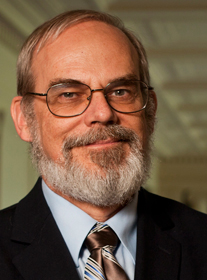
W. Eric L. Grimson,
Chancellor for Academic
Advancement, MIT
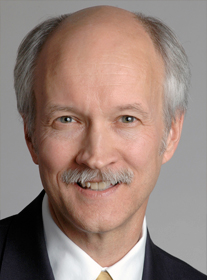
Ronald Gronsky, Special Faculty Assistant to the Chancellor for International Relations, UCB
Registration
To register, please send the following information to the email address given below. If registering for more than one person, provide the information for all registrants. Registration will close once maximum capacity is reached.
Registration deadline: 5 p.m. on Wednesday, March 12
Information for registration
- Name:
- Status:
(Tokyo Tech alumni, Tokyo Tech faculty member, Tokyo Tech student, Tokyo Tech administrative/technical staff; or other)
- Affiliation:
(If you are affiliated with Tokyo Tech, please provide the name of your department. If you have an affiliation with another organization, please provide the name.)
- Email:
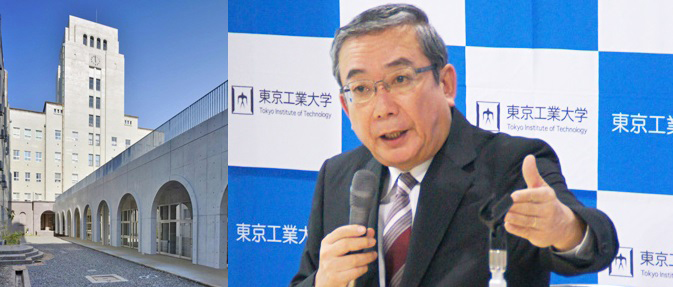
The Special Topics component of the Tokyo Tech Website shines a spotlight on recent developments in research and education, achievements of its community members, and special events and news from the Institute.
Past features can be viewed in the Special Topics Gallery.
Published: February 2014
. Any information published on this site will be valid in relation to Science Tokyo.









